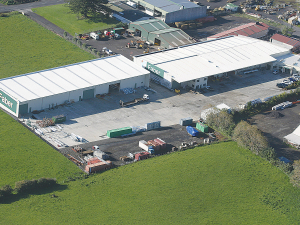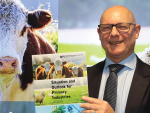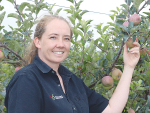Apex Greenhouses’ Australian chief executive, Folco Faber says GreenV – an aggregator of greenhouse technology suppliers around the world – had taken the minority interest in line with its vision to provide world-leading complete greenhouses.
Faber says the decision to partner with GreenV will enable Apex Greenhouses to leverage the Dutch company’s access to automation and emissions-reducing technologies in a rapidly advancing Controlled Environment Agriculture (CEA) industry.
“Projects are becoming larger and more complex,” Faber explains. “Our typical client 10 years ago was a family operation. While they are still an important part of our customer base, we see larger corporate interests entering the space with heavy investment worldwide from PE, super funds and listed companies. High-tech greenhouse projects are capital-intensive, so the monetary injection is needed if we are to feed the planet.”
Apex Greenhouses constructs large scale commercial structures for the horticultural industry in Australia and New Zealand, including university R&D projects, botanic gardens and packing sheds. Its largest project to date has been a 130,000sqm greenhouse in Victoria.
Faber says the CEA industry is experiencing rapid growth around the world, with up to 30% growth per year anticipated in the Asia Pacific region by 2026.
He adds that much of this growth is predicated on adapting to climate change, the need for more certainty in growing conditions and the need to increase volumes to cater for a growing population.
“We can see many examples locally as to why things are naturally moving towards indoor and greenhouse based growing – extreme weather patterns, scarce labour, higher input costs for water/energy/fertiliser are all causing customers to look for more efficient solutions,” he said.
Faber claims partnering with GreenV will allow the general manager of New Zealand operations James Harris and himself to retain full control of the day-to-day running of the business.
“This is also going to enable us to greatly improve our offerings to customers. We will have a key focus on bringing customers efficiencies in terms or energy usage, including more efficient and lower carbon footprint energy generation for food production and also automation as a way of improving labour efficiencies.”
















